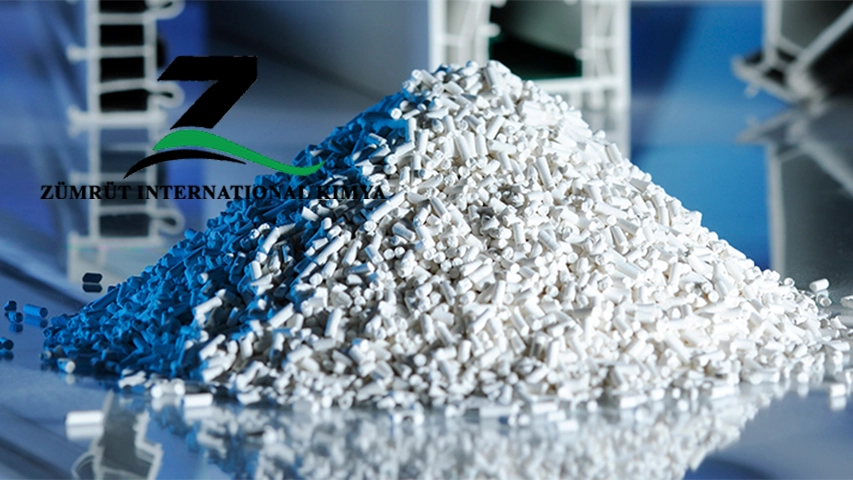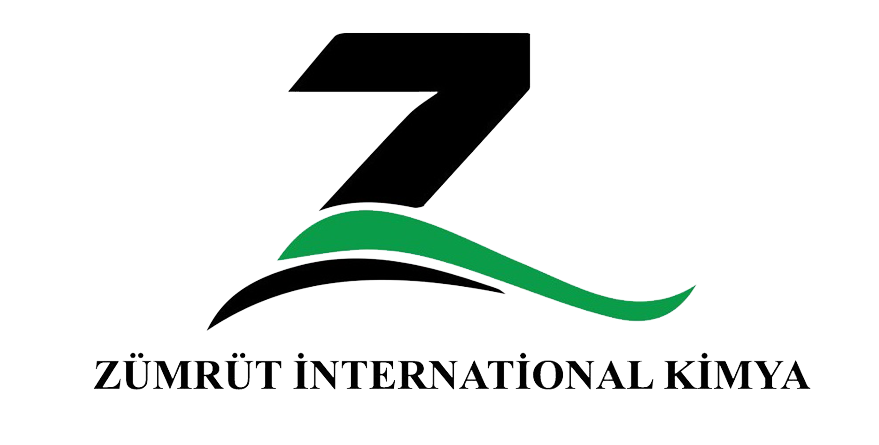Supplier of Polyvinyl Chloride (PVC) From Turkey and Dubai UAE

What Is Polyvinyl Chloride (PVC)?
Polyvinyl Chloride (PVC) is a synthetic thermoplastic polymer derived from petroleum hydrocarbons. Renowned for its durability, chemical resistance, and cost-efficiency, PVC has become a cornerstone material in industries like construction, healthcare, automotive, and packaging. Its unique ability to be formulated into rigid or flexible forms further enhances its adaptability across countless applications.
In this guide, we delve into the history, types, uses, and safety protocols of Polyvinyl Chloride, offering insights into why it remains indispensable in modern manufacturing.
The History of Polyvinyl Chloride (PVC)
While Polyvinyl Chloride was first discovered in 1872 by German chemist Eugen Baumann, industrial production began in the early 20th century. Pioneers like Friedrich Klatte and Waldo Semon revolutionized PVC processing, enabling its mass adoption. Klatte patented polymerization techniques, while Semon’s work on plasticizers allowed PVC to become flexible, paving the way for applications in piping, wiring, and beyond.
Grades of Polyvinyl Chloride (PVC)
To meet diverse industrial demands, Polyvinyl Chloride is engineered into specialized grades:
1. Rigid PVC (uPVC)
- Properties: High strength, chemical/weather resistance, thermal stability.
- Applications: Plumbing pipes, window frames, construction profiles, electrical conduits.
- Benefits: Non-toxic, low maintenance, ideal for indoor/outdoor use.
2. Flexible PVC
- Properties: Soft, abrasion-resistant, sound-insulating.
- Applications: Medical tubing, cable insulation, inflatable products, synthetic leather.
- Benefits: Enhanced flexibility with plasticizers; widely used in automotive and healthcare.
3. Chlorinated PVC (CPVC)
- Properties: Superior heat/chemical resistance.
- Applications: Hot water pipes, industrial fluid transport, fire sprinklers.
- Benefits: Flame-retardant; ideal for high-temperature environments.
4. High-Impact PVC (PVC-HI)
- Properties: Exceptional toughness, UV resistance.
- Applications: Automotive parts, electrical housings, industrial equipment.
- Benefits: Durable for outdoor and high-stress environments.
5. PVC Foam (Expanded PVC)
- Properties: Lightweight, moisture-resistant, and soundproof.
- Applications: Signage, exhibition boards, lightweight panels.
- Benefits: Easy to machine; perfect for decorative and insulation purposes.
6. Medical-Grade PVC
- Properties: Biocompatible, sterilizable, non-toxic.
- Applications: Blood bags, IV tubes, catheters.
- Benefits: Meets stringent healthcare safety standards.
Key Applications of Polyvinyl Chloride (PVC)
Polyvinyl Chloride’s versatility drives its use across sectors:
- Construction: Pipes, window frames, vinyl flooring, and roofing membranes.
- Healthcare: Medical tubing, IV bags, and sterile packaging.
- Packaging: Blister packs, bottles, and food-safe containers.
- Electrical: Insulation for wires and cables.
- Automotive: Interior upholstery, dashboards, and wiring harnesses.
- Agriculture: Irrigation pipes, greenhouse films.
Industrial Packaging of PVC
PVC is packaged according to form and volume:
- Palletized Bags: For bulk resin transport.
- Bulk Containers/Silos: Large-scale industrial shipments.
- Drums: Specialty compounds or additives.
Proper packaging prevents moisture damage and contamination, ensuring material integrity.
Safety Practices for Handling Polyvinyl Chloride
While PVC is stable, safe handling is critical:
- Ventilation & PPE: Use gloves, masks, and goggles when processing PVC.
- Fire Safety: PVC is flame-retardant but emits toxic fumes if burned.
- Storage: Keep in cool, dry areas away from direct sunlight.
- Disposal: Recycle where possible; follow local regulations for PVC waste.
Why Polyvinyl Chloride Remains a Global Leader
From lifesaving medical devices to sustainable construction solutions, Polyvinyl Chloride continues to shape industries through its adaptability, durability, and cost-effectiveness. Innovations in recycling and eco-friendly additives further solidify PVC’s role in a circular economy.
Read About Polycarbonate (CLICK)

